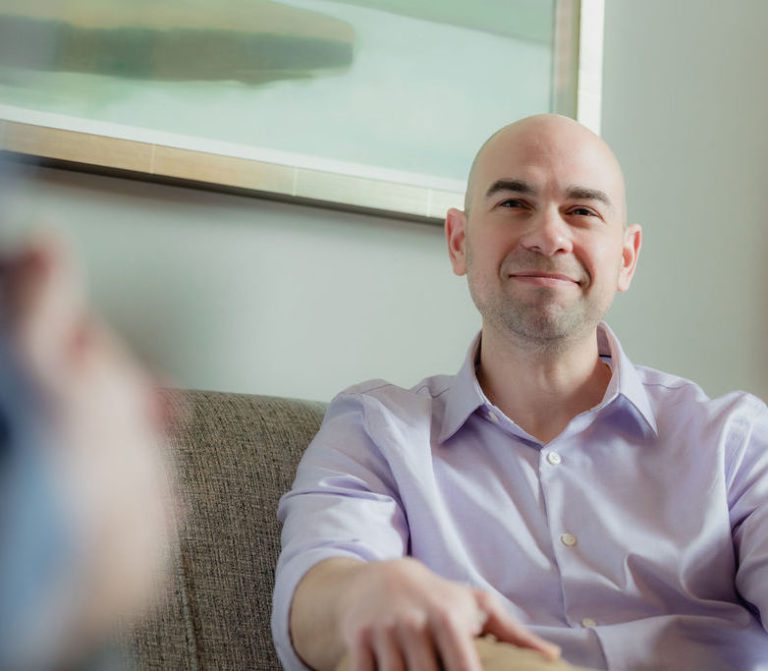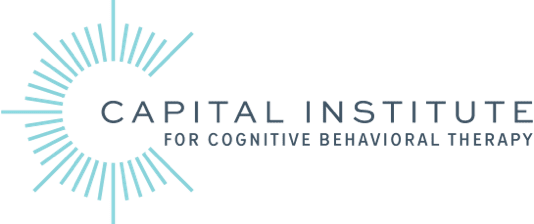PTSD is a common reaction to traumatic events.
When people live through a trauma, the memories of what happened get connected in their minds with what they saw, heard, smelled, or felt at the time. Later a similar sight, sound, smell, or other feeling can bring the memories and emotions flooding back.
Many different kinds of events can lead to PTSD, but people with PTSD have three main types of problems or symptoms: 1) Reliving the trauma. This can include frequent memories, nightmares, and flashbacks that make people feel as if they are living the event all over again. 2) Avoiding. Because it is upsetting to remember what happened, people with PTSD try not to think about it. 3) Signs of physical stress. These can include trouble sleeping, feeling irritable or angry all the time, trouble concentrating, and feeling tense or on guard.
- Improve signs of physical stress
- Feel significantly better

A treatment plan
Cognitive-behavioral therapy is designed to help reduce the upsetting memories and emotions from the trauma. A number of studies have found CBT helpful in treating Post Traumatic Stress Disorder.
- CBT helps people with PTSD feel significantly better.
- About two-thirds of patients no longer have PTSD by the end of treatment.
Request Your Consultation
Ready to get started? Have questions? Click below to contact our helpful New Patient Coordinator.
Therapy Tailored For You
Individual therapy allows you to develop a relationship with a therapist who can take the time to get to know you, your history, your strengths, your struggles, your values and your goals. Treatment can be tailored specifically for you. Whether you are interested in Teletherapy or in-person consultations at our Washington, DC, or Bethesda offices our Psychologist will provide you with exceptional treatment.
- Weekly and/or multiple times a week sessions
- In-person & teletherapy services available
- Range of fees to fit your budget

Related Disorders
Anxiety
Anxiety may include intense, persistent worry and fear about everyday situations.
Depression
A mood disorder that causes a persistent feeling of sadness and loss of interest.
